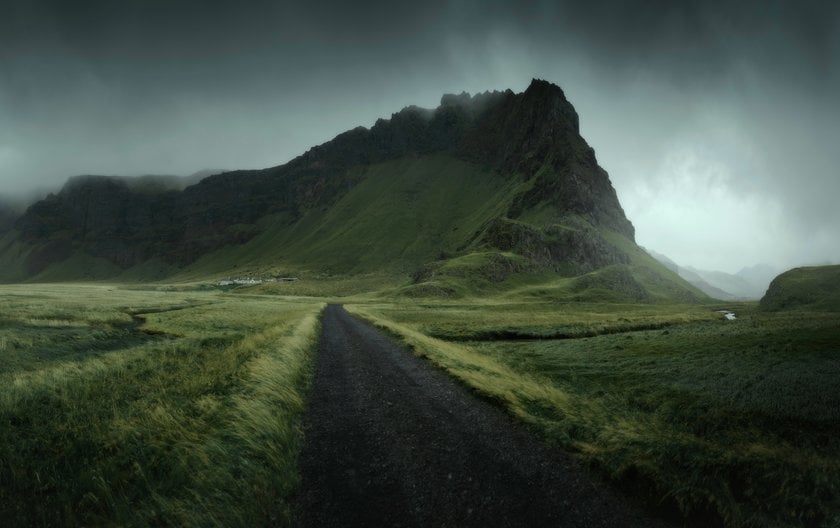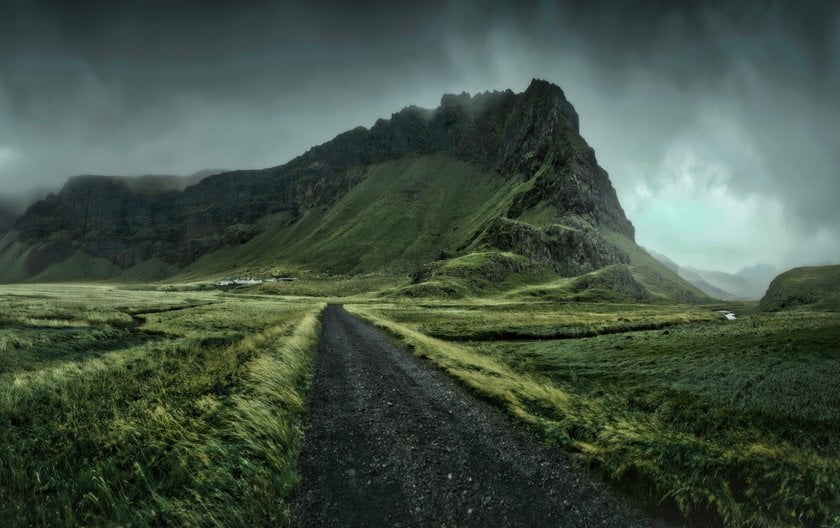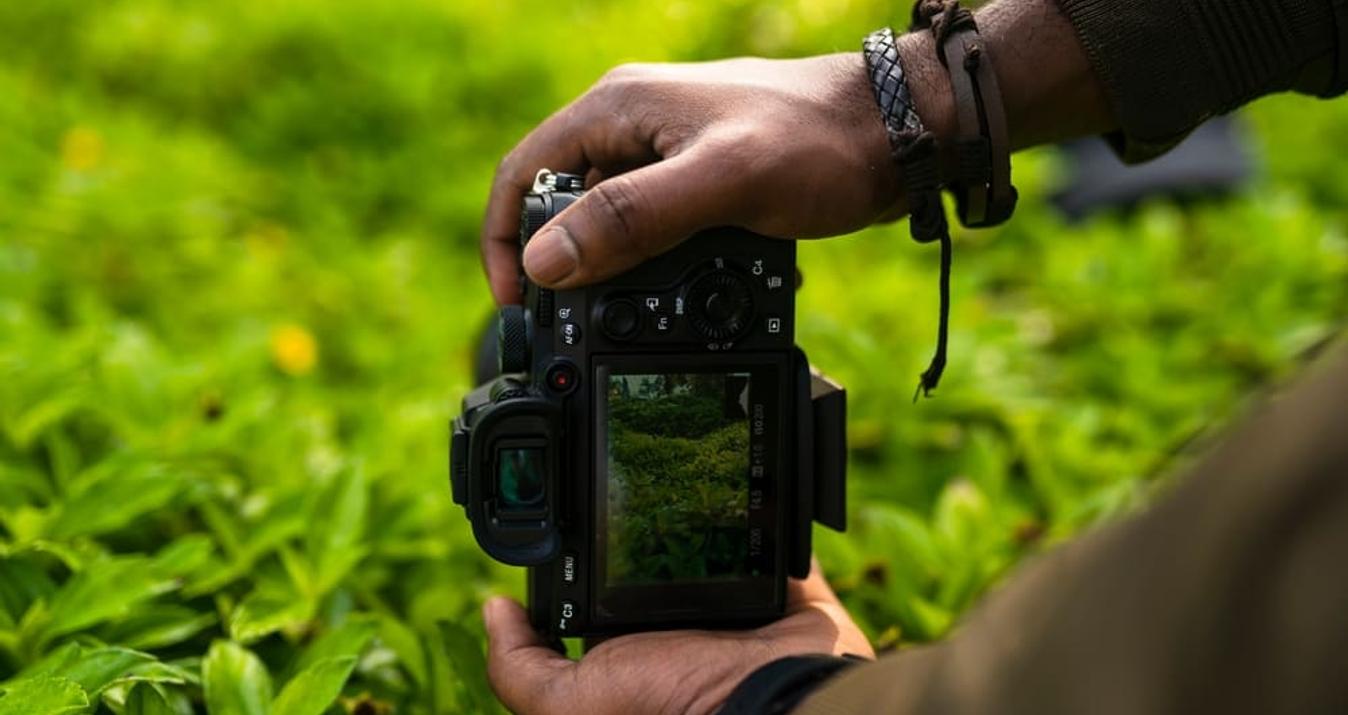Composition in Landscape Photography: The Essential Guide
September 14, 2023
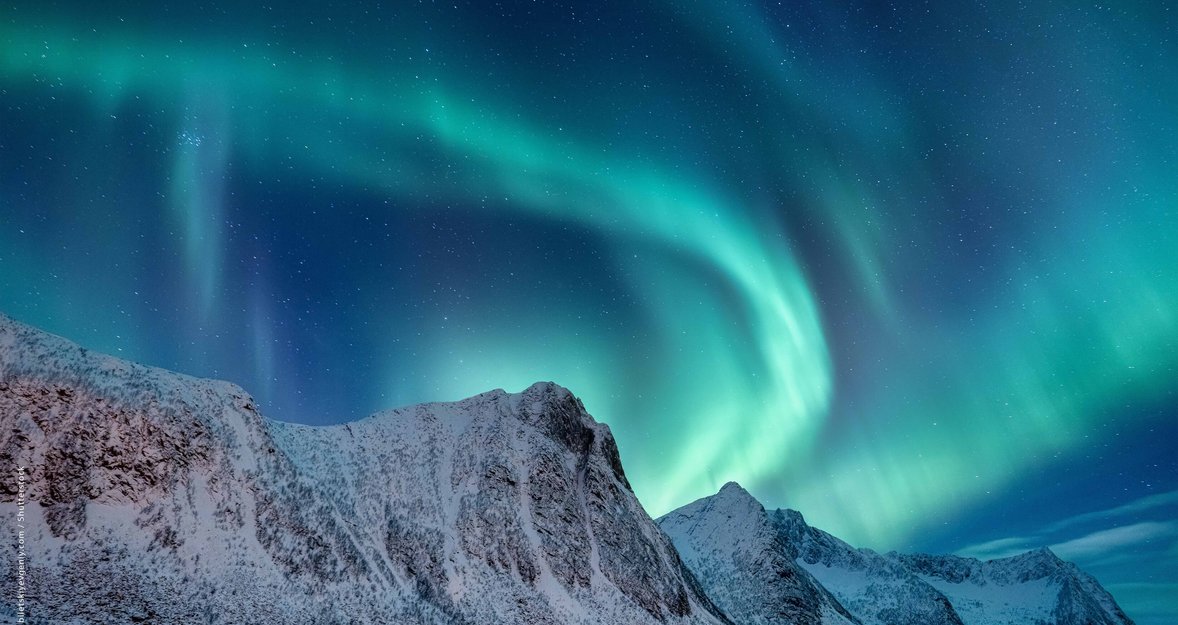
Landscape photography transports us to places we might never reach and allows us to see the world from fresh perspectives. But behind every breathtaking landscape image, there's more than just pressing the shutter at the right moment; there's an art and science known as landscape photography composition.
Dive into this guide and discover the techniques that transform ordinary shots into mesmerizing visual stories, all through the power of composition. As a bonus, we'll also discuss post-processing with Luminar Neo, which uses AI-powered tools to enhance landscape photos in a couple of clicks.
Let’s get it started!
Why Composition Matters
Ever wonder what makes some landscape photos pop while others fall flat? It's all about composition! In the vast canvas that is photography, composition is your guiding map. It's the strategic placement and alignment of subjects and elements within the frame working together in harmony. When done right, every part of the image tells a part of the story without clashing with another.
So, what can you reach by applying this principle?
First, think of it like a path for your eyes. Proper composition creates a natural flow, guiding your gaze smoothly. Then there's the emotional side. A well-composed image can make you feel serene, tense, joyful, or melancholic. And finally, it's about storytelling. Every element, placed with purpose, adds depth and context, making the photo's narrative richer.
There are also tried-and-true landscape photography rules that help you tell a story. The Rule of Thirds, Leading Lines, and others are like tools in a toolkit. Use them wisely, and your photos won’t just show a place; they'll convey a feeling!
In short, mastering composition is how you give your landscapes a voice. Let’s discover its rules in the next sections!
1. The Rule of Thirds
 Picture your photograph divided into a simple 3x3 grid. This is the essence of the Rule of Thirds, a fundamental technique that greatly enhances the focus and impact of your images.
Picture your photograph divided into a simple 3x3 grid. This is the essence of the Rule of Thirds, a fundamental technique that greatly enhances the focus and impact of your images.
By strategically placing your key subjects along the gridlines or at their intersections, you create a natural focal point that draws the viewer's eye, guiding them through the image in a way that enhances its overall composition and visual appeal. It's like providing clear signposts for the viewer to follow, ensuring they explore the image exactly as you intended!
2. Leading Lines
 Think of your photo as a map, and the leading lines are the roads guiding the viewer. These lines can be rivers, paths, or any linear element in your image.
Think of your photo as a map, and the leading lines are the roads guiding the viewer. These lines can be rivers, paths, or any linear element in your image.
When used well, they naturally lead the viewer's eye through the photo, adding depth and making it more engaging. It's like having visual arrows that make your image not just beautiful but also tell a compelling story.
3. Framing
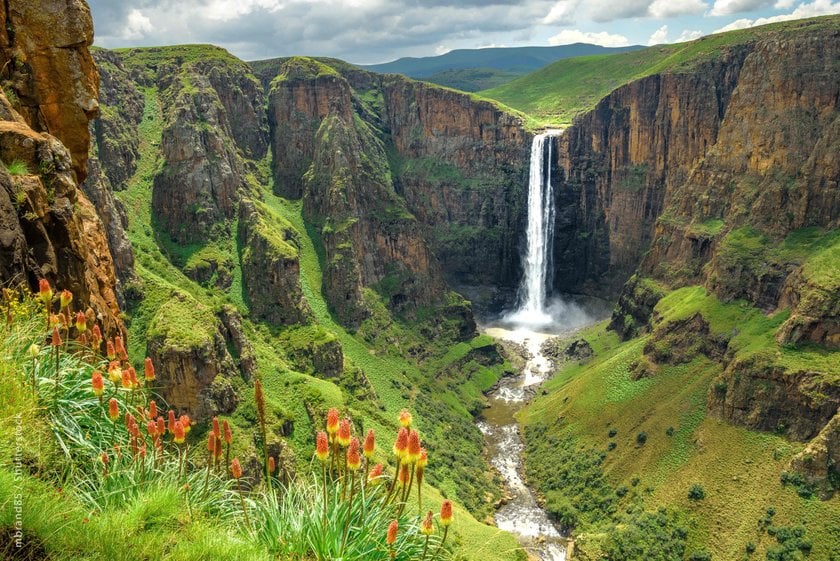 Imagine you're framing a work of art, and the frame itself enhances the beauty of the painting. In landscape photography, this is the role of Framing. Here, we use natural elements such as trees, arches, or even mountain ranges to act as frames within the photograph.
Imagine you're framing a work of art, and the frame itself enhances the beauty of the painting. In landscape photography, this is the role of Framing. Here, we use natural elements such as trees, arches, or even mountain ranges to act as frames within the photograph.
These frames help in two ways:
- Emphasizing Subjects. By placing your main subject within the natural frame, you draw the viewer's attention directly to it, highlighting its significance in the scene.
- Adding Depth. The frame creates a sense of depth in your photograph. It's like looking through a window into a captivating world, making the image more immersive.
Just like an artist selects a frame that complements their masterpiece, a photographer carefully chooses elements in the landscape to frame their shot. This not only adds an aesthetic touch but also provides a storytelling element that elevates the photograph.
Your Go-To for Perfecting Crop and Perspective
Explore In Luminar Neo!4. Foreground Elements
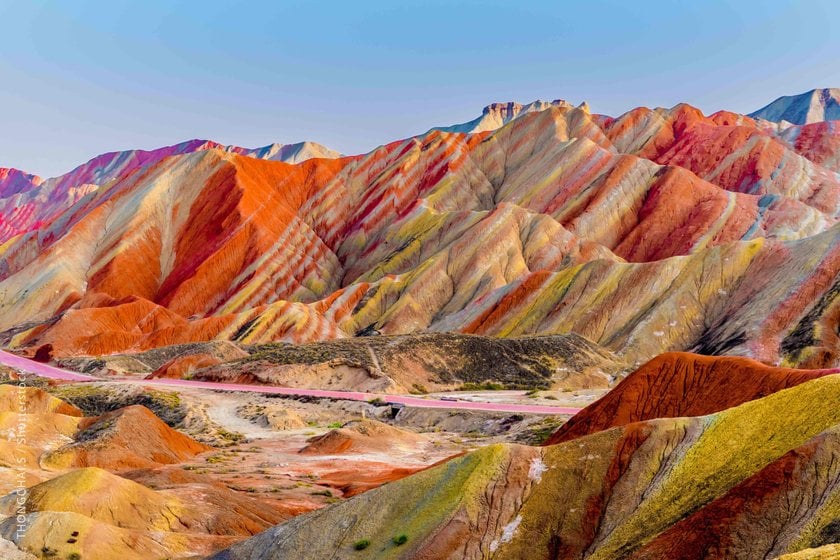 In landscape photography, it's not just about capturing vast horizons; it's the foreground that often makes the scene pop. Consider a serene lake with a canoe up close in the foreground. That canoe doesn't just add detail; it provides depth, drawing you deeper into the picture.
In landscape photography, it's not just about capturing vast horizons; it's the foreground that often makes the scene pop. Consider a serene lake with a canoe up close in the foreground. That canoe doesn't just add detail; it provides depth, drawing you deeper into the picture.
Foreground elements also help establish scale. A towering mountain feels even mightier when juxtaposed with a tiny tent at its base. These elements make the viewer pause, wonder, and connect.
For those keen on enhancing their landscape photography examples, remember this: the details upfront often make the grand vistas truly memorable. By strategically placing and focusing on these closer elements, the whole scene comes alive in a unique and compelling way!
5. Balance and Symmetry
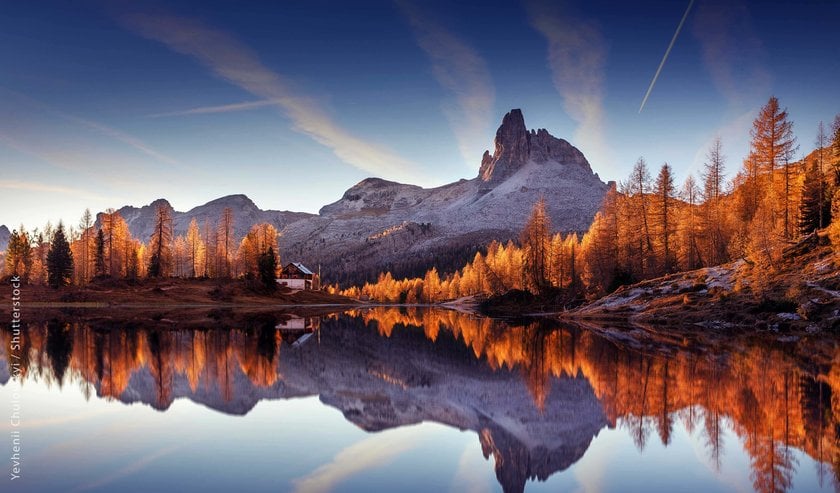 Balance and symmetry are more than just pleasing visual concepts in landscape photography; they're the glue that binds all elements of a shot together. Picture a serene lake mirroring a mountain range: the harmony created by this reflection offers a sense of peace and equilibrium to the viewer.
Balance and symmetry are more than just pleasing visual concepts in landscape photography; they're the glue that binds all elements of a shot together. Picture a serene lake mirroring a mountain range: the harmony created by this reflection offers a sense of peace and equilibrium to the viewer.
Symmetry, whether horizontal or vertical, can be a powerful tool. A line of trees reflected perfectly in calm waters or a mountain peak bisecting the sky can pull a viewer into the center of the image, creating a sense of immersion.
Balance, on the other hand, doesn't always require perfect mirroring. It's about ensuring the weight of elements on one side of an image complements those on the other. A dense forest on the left might be offset by a sprawling meadow on the right, creating a composition that feels "right" and well-proportioned. To find out more on this topic, read our article Definition of Repetition In Photography.
6. Negative Space
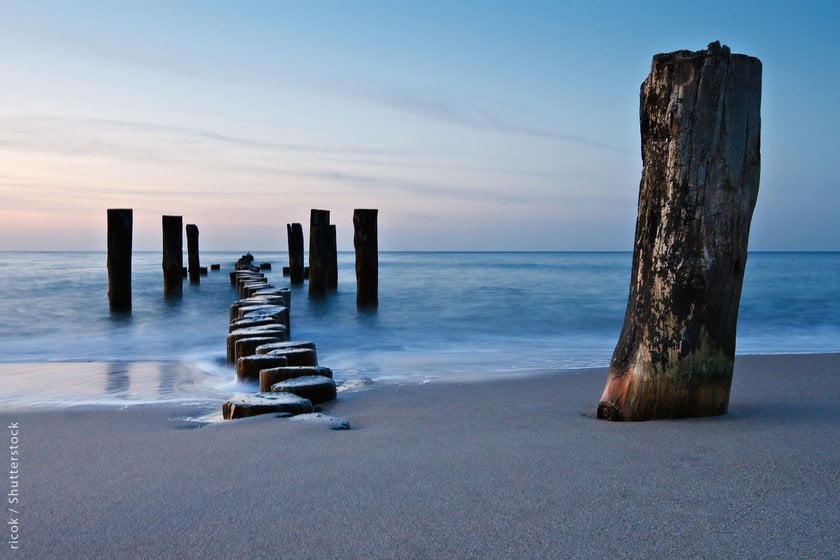 Sometimes, what you leave out is as powerful as what you include. Enter negative space: the unoccupied or empty part of a photo that helps to define or emphasize the main subject. Imagine a lone tree standing tall against a vast, empty sky. That expansive sky isn't just emptiness; it's a canvas that accentuates the tree's solitude!
Sometimes, what you leave out is as powerful as what you include. Enter negative space: the unoccupied or empty part of a photo that helps to define or emphasize the main subject. Imagine a lone tree standing tall against a vast, empty sky. That expansive sky isn't just emptiness; it's a canvas that accentuates the tree's solitude!
Negative space provides breathing room. It allows the viewer's eyes to rest and underscores the focal points of an image. Whether it's the open sky, a desolate desert, or a calm stretch of water, this "emptiness" can imbue a photo with emotion, often evoking feelings of tranquility, isolation, or even melancholy.
7. Unique Perspectives
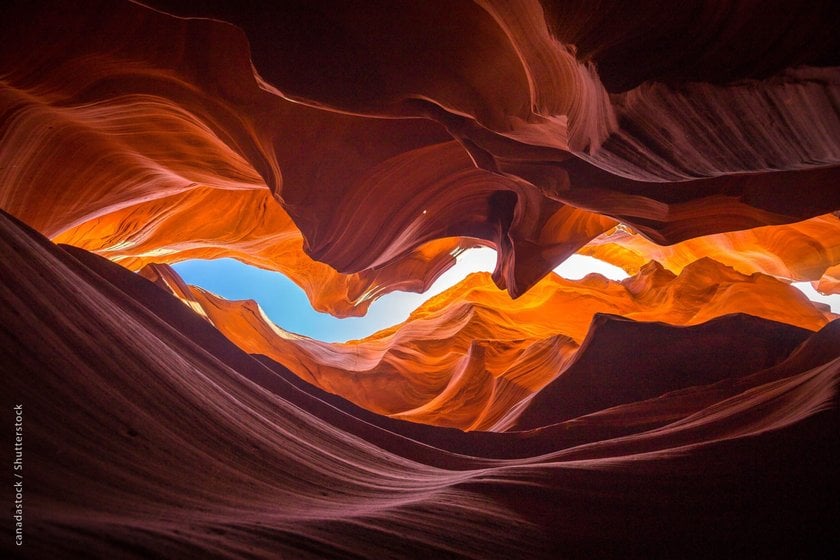 Landscape photos usually show us familiar scenes. But what if we change our angle or viewpoint? That's where unique perspectives come into play, giving us fresh takes on common sights.
Landscape photos usually show us familiar scenes. But what if we change our angle or viewpoint? That's where unique perspectives come into play, giving us fresh takes on common sights.
Think about a city skyline. Instead of a distant shot, imagine looking from a rooftop. Skyscrapers seem bigger, and streets more alive. Or a forest, but instead of the usual view, picture looking up from the ground, seeing sunlight peek through the trees.
The idea is simple: try different angles. Maybe look from down low or way up high. By changing your viewpoint, even a well-known scene can feel brand new.
For photographers, this means stepping out of the usual. Look at landscapes in new ways, and you'll find shots that grab attention and make viewers see the world differently. Sometimes, the best views come when we least expect them.
Post-Processing with Luminar Neo
Luminar Neo introduces Structure AI, a one-click solution for perfecting landscapes that include people. This innovative tool ensures your background remains detailed and sharp, while your subjects maintain their natural beauty. With a simple click, you can achieve stunning landscapes that are ready to showcase.
Your Tool for Revealing Photo Structure Effortlessly
Discover!
Now, let's explore how Luminar Neo elevates your landscape compositions with its AI-powered post-processing capabilities:
- Enhanced Detail. AI analyzes and enhances fine details, bringing out textures and nuances.
- Sky Replacement. With this feature you can effortlessly replace dull skies with breathtaking alternatives.
- Atmosphere and Lighting. Adjust mood and ambiance intuitively.
- Efficient Editing. Automate common editing tasks like noise reduction and color correction, speeding up your workflow.
 Luminar Neo doesn't just edit photos; it enhances composition essence. It emphasizes emotions, balance, and storytelling elements crafted in the field!
Luminar Neo doesn't just edit photos; it enhances composition essence. It emphasizes emotions, balance, and storytelling elements crafted in the field!
Wrapping Up
In this essential guide to landscape photography composition tips, we've unveiled the art and science behind captivating landscape images.
Remember, composition is your guiding force, leading the viewer's eye, evoking emotions, and telling stories. Embrace the main techniques, but don't stop there. After the click, Luminar Neo, the AI landscape photo editor, can enhance your shots with ease. It's your tool for refined post-processing!
With these tips and the power of AI, your landscape photos will shine like never before.
Happy shooting!


